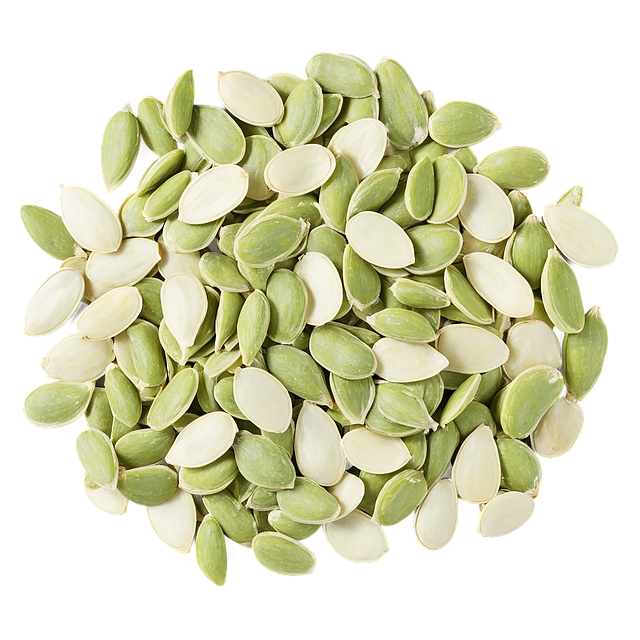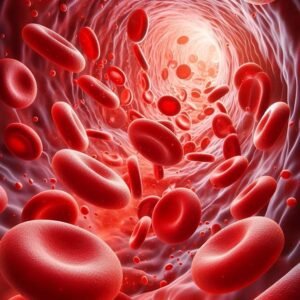
Nutritional Profile (per 1 oz or about 28 grams)
- Calories: 151 kcal
- Protein: 7 grams
- Total Fat: 13 grams
- Saturated Fat: 2.3 grams
- Monounsaturated Fat: 5 grams
- Polyunsaturated Fat: 6 grams
- Carbohydrates: 5 grams
- Dietary Fiber: 1.1 grams
- Sugars: 0.2 grams
- Vitamins:
- Vitamin K: Essential for blood clotting and bone health.
- Vitamin E: Acts as an antioxidant, protecting cells from damage.
- B Vitamins: Important for energy metabolism and brain health (including folate, B1, B2, B3, and B6).
- Minerals:
- Magnesium: 37% of the Recommended Daily Intake (RDI). Supports over 300 biochemical reactions in the body, including muscle and nerve function, blood sugar control, and blood pressure regulation.
- Iron: 23% of the RDI. Vital for oxygen transport and energy production.
- Zinc: 14% of the RDI. Important for immune function, wound healing, and DNA synthesis.
- Manganese: 42% of the RDI. Plays a role in metabolism and antioxidant defense.
- Phosphorus: Supports bone health and energy production.
- Copper: Important for iron metabolism and cardiovascular health.
Health Benefits
- Nutrient Density:
Pumpkin seeds are low in calories but high in essential nutrients, making them a great addition to a balanced diet. - Heart Health:
- Magnesium: Helps regulate blood pressure and reduce the risk of cardiovascular diseases.
- Healthy Fats: The presence of unsaturated fats supports heart health by lowering bad cholesterol levels and improving overall lipid profiles.
- Antioxidant Properties:
The antioxidants in pumpkin seeds, like vitamin E and various phenolic compounds, can help reduce inflammation and oxidative stress in the body, potentially lowering the risk of chronic diseases. - Prostate Health:
Research suggests that pumpkin seed oil may help alleviate symptoms of BPH, improving urinary function and overall prostate health. - Bone Health:
High magnesium content contributes to bone density and may reduce the risk of osteoporosis. - Improved Sleep Quality:
Pumpkin seeds are rich in tryptophan, an amino acid that the body uses to produce serotonin, which can then be converted to melatonin, the hormone responsible for regulating sleep. - Weight Management:
The combination of protein, fiber, and healthy fats in pumpkin seeds can help increase feelings of fullness, making them a satisfying snack that may aid in weight control. - Blood Sugar Control:
Some studies indicate that pumpkin seeds may help lower blood sugar levels and improve insulin sensitivity, making them a potentially beneficial snack for those with diabetes.
Culinary Uses
- Snacking: Enjoy raw or roasted seeds, seasoned with salt or spices.
- Toppings: Add to salads, soups, or yogurt for added crunch and nutrition.
- Baking: Incorporate into bread, muffins, or granola bars for added texture.
- Nut Butter: Blend into a seed butter for a unique spread.
- Trail Mix: Combine with nuts, dried fruit, and dark chocolate for a healthy snack mix.
Conclusion
Pumpkin seeds are a powerhouse of nutrition and offer a wide range of health benefits. Incorporating them into your diet can enhance overall wellness while adding a tasty, crunchy element to meals and snacks.

· What are the health benefits of pumpkin seeds?
Pumpkin seeds are rich in magnesium, zinc, and antioxidants, supporting heart health, bone health, and immune function.
· How many calories are in pumpkin seeds?
One ounce (about 28 grams) of pumpkin seeds contains approximately 151 calories.
· Can pumpkin seeds help with sleep?
Yes, they contain tryptophan, which can help improve sleep quality by promoting serotonin and melatonin production.
· Are pumpkin seeds good for weight loss?
Their high protein and fiber content can promote feelings of fullness, making them a satisfying snack for weight management.
· How should I eat pumpkin seeds?
They can be eaten raw or roasted, added to salads, baked into goods, or mixed into trail mixes.
· Do pumpkin seeds contain protein?
Yes, they provide about 7 grams of protein per ounce, making them a great plant-based protein source.
· Are pumpkin seeds gluten-free?
Yes, pumpkin seeds are naturally gluten-free and suitable for those with gluten sensitivities.
· What vitamins are in pumpkin seeds?
Pumpkin seeds are a good source of vitamin E, vitamin K, and several B vitamins, including folate.







